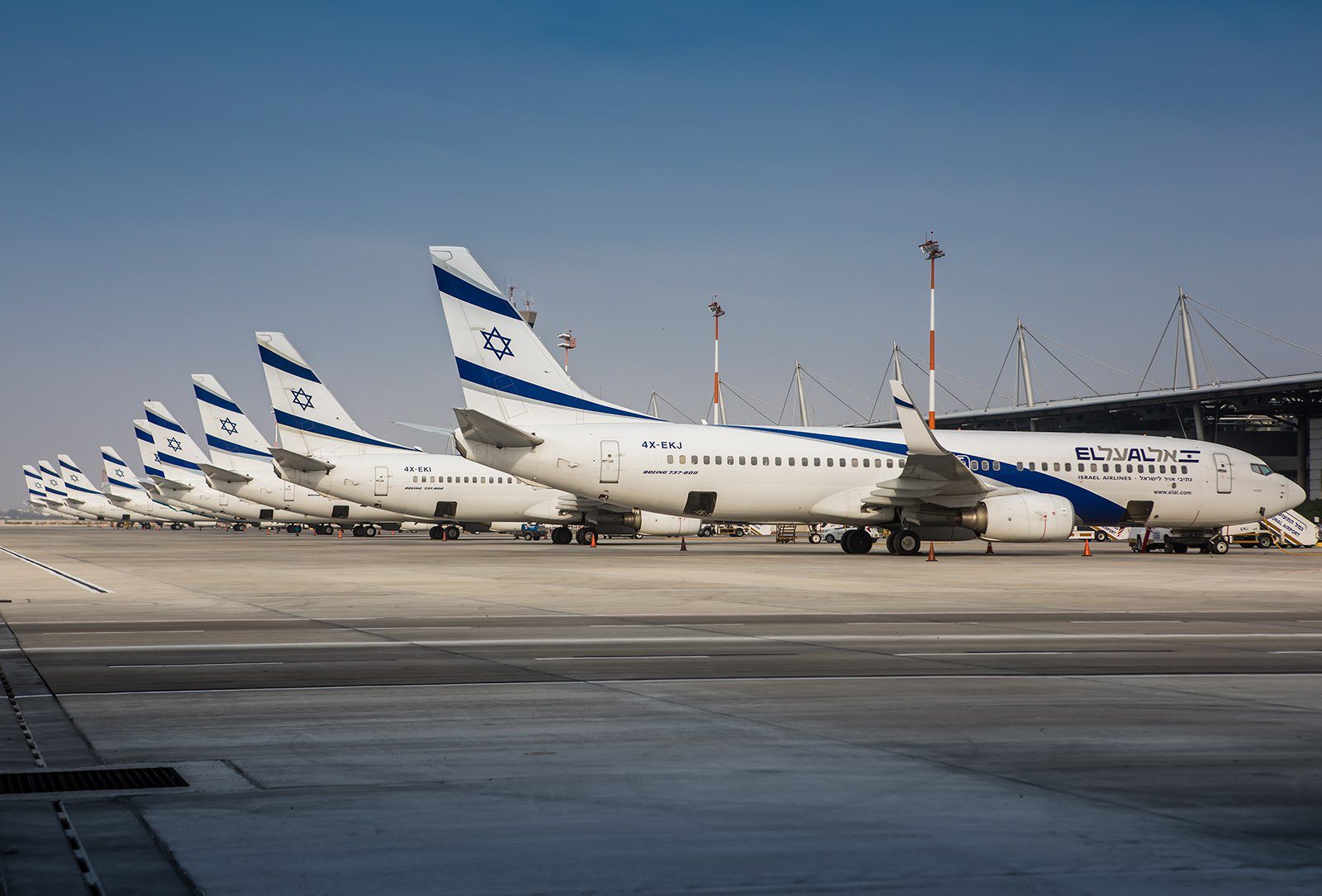
69711072 2645691542131861 3093762043929427968 n
Israel’s national carrier El Al is in serious negotiations with Airbus about a potential order for thirty A321neo aircraft, Reuters reported on Thursday. The airline issued a request for proposals to both Boeing and Airbus for the renewal of its narrowbody fleet and expects to make a decision in early 2024. Future fleet El Al could have a place for Airbus.
CEO Dina Ben Tal Ganancia told Reuters on the sidelines of the Q2/HY1 results presentation on Thursday in Tel Aviv. If El Al concludes a deal with Airbus, this would mark a historic move away from operating an all-Boeing fleet for decades. The airline currently has 47 aircraft, including one Boeing 787-8 that was delivered after much delay in late July. It concluded a lease agreement with AerCap for two 787-9s at the recent Paris Airshow.
The narrowbody fleet includes sixteen 737-800s and eight -900ERs. The -800s are on average almost nineteen years old and are up for replacement, while the -900ERs approach nine years. Fleet renewal plans at El Al have been delayed many times for various reasons, including the Covid crisis, politics, and instability within the airline.
Fleet plan until 2028
On Thursday, El Al shared its latest fleet plan during an online presentation. The total fleet should grow from 47 this year to 53 in 2026 and 59 in 2028. The narrowbody fleet should grow from the current 24 aircraft to between 28 and 31 in 2028 through replacement and expansion. The airline launched a sales campaign in April.
The number of Boeing 787 widebodies will go from sixteen this year to seventeen in 2024, eighteen in 2025, and reach 22 in 2028. The six 777-200s are to stay in the fleet and will get a retrofit of the cabin, with a new Business Class product recently introduced on the first aircraft.
EL AL’s growth strategy until 2028 includes growing the number of passengers carried to 7.7 million and generating $3.5 billion in annual revenues while achieving consistent and stable profitability over time. The airline wants to strengthen its equity position by raising fresh capital and reducing structural costs. The EBITDAR margin should reach seventeen to 21 percent. Capacity as in available seat kilometers (ASK) should grow to 35.5 million from 25.3 billion which is estimated for this year.
Record Q2 profit
During Q2, the airline produced a $58.8 million net profit compared to a $-16.7 million net loss in the same period last year. This is the best Q2 result since the IPO in 2004 and compares to just a $0.3 million net profit in 2019. At $122 million, revenues were almost identical to last year’s $120 million. Operating expenses were $413 million, up from $328 million in Q2 2022. At $119 million, the operating cash flow was below last year’s very strong $163 million.
The operating profit increased tenfold from $9.0 million to $90 million or $20 million in 2019. EBITDAR improved to $163 million from $65 million in Q2 last year and $99 million before the pandemic. The load factor reached 86.8 percent. For HY1, El Al reports a $33 million net profit compared to $-90 million in 2022 and an EBITDAR of $223 million versus $79 million.
The airline also has high expectations from its strategic partnerships with Delta Air Lines and All Nippon Airways which were announced in late June. This year, El Al launched services to Istanbul and Dublin and expanded services on core routes to Tokyo, Bangkok, Phuket, and Miami. It plans to start services to Mumbai in October while Melbourne, Manila, and Seattle need to be confirmed.
Views: 14




